
Medicinal plants are a valuable addition to any home garden. They not only add beauty to your outdoor space but also provide natural remedies for various ailments.
Growing medicinal plants at home is a rewarding and sustainable way to take control of your health and well-being.
In this article, I will introduce you to some of the best medicinal plants that you can easily cultivate in your own home garden.
Key Takeaways:
- Medicinal plants are a valuable addition to any home garden and provide natural remedies for various ailments.
- Growing medicinal plants at home allows you to take control of your health and well-being.
- Some of the most valuable medicinal plants for a home garden include Tulsi (Holy Basil), Aloe Vera, Gotu Kola, Calendula, Basil, Thyme, Rosemary, Lavender, and German Chamomile.
- Each of these plants has unique medicinal properties and can be easily grown in a home garden.
- Consider the specific health benefits you are looking for and the growing conditions of your garden when choosing which medicinal plants to cultivate.
Tulsi (Holy Basil)
Tulsi, also known as Holy Basil, is a versatile medicinal plant with numerous health benefits. There are different types of Tulsi, including Rama, Krishna, Vana, and Kapoor Tulsi.
Tulsi leaves are commonly used to make herbal tea, and the oil extracted from Karpoora Tulsi is used in toiletries and as an insect repellent. It is effective in treating respiratory conditions, such as cold, fever, bronchitis, and cough.
Tulsi also has antimalarial properties and can help with indigestion, headache, and other ailments. Many people wear Tulsi beads for their physical and medicinal properties.
Tulsi (Holy Basil) Benefits:
- Relieves respiratory conditions like cold, fever, bronchitis, and cough.
- Effective against malaria.
- Aids in digestion and relieves indigestion.
- Provides relief from headaches.
- Used in the form of Tulsi beads for physical and medicinal benefits.
With its wide range of health benefits, Tulsi (Holy Basil) is a valuable addition to any home garden. Whether used in herbal teas or as a natural remedy, this medicinal plant is known for its healing properties.
| Type | Medicinal Properties |
|---|---|
| Rama Tulsi | Relieves cold and fever |
| Krishna Tulsi | Antimicrobial and anti-inflammatory |
| Vana Tulsi | Immunity booster and stress reliever |
| Kapoor Tulsi | Provides relief from headaches and respiratory conditions |
Aloe Vera
Aloe Vera is a well-known medicinal plant with remarkable healing properties. The gel extracted from the leaves is commonly used to treat wounds, cuts, burns, and reduce inflammation.
It is also beneficial in the treatment of ulcerative colitis, chronic constipation, poor appetite, and various digestive problems. Aloe Vera can be grown in well-drained soil and is best harvested for its gel.
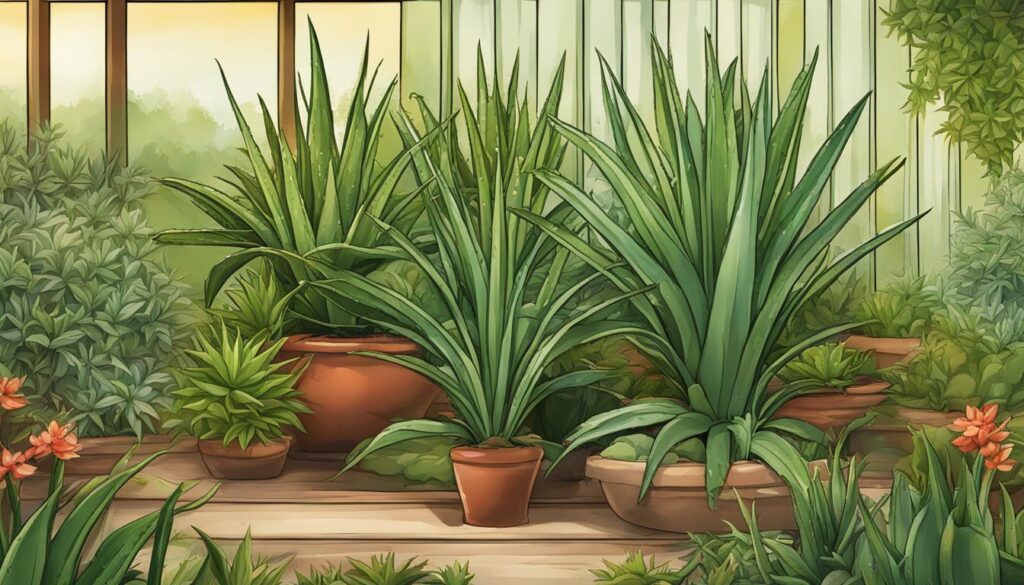
Aloe Vera’s healing properties make it a versatile plant for home gardens. Its ability to treat wounds, cuts, and burns is attributed to its anti-inflammatory and antimicrobial properties.
The gel extracted from Aloe Vera leaves can be applied topically to promote faster healing and reduce pain. It is also effective in soothing skin irritations and reducing inflammation.
In addition to its topical benefits, Aloe Vera can also be ingested to aid in digestion. It is known to help alleviate symptoms of ulcerative colitis, chronic constipation, and poor appetite.
The plant’s gel is rich in enzymes that support proper digestion and can help relieve common digestive problems.
Overall, Aloe Vera is a valuable addition to any home garden, offering natural healing properties for a range of ailments. Its accessibility and ease of cultivation make it an excellent choice for those seeking to incorporate medicinal plants into their daily lives.
Gotu Kola
Gotu Kola is a remarkable medicinal plant known for its various health benefits. It promotes connective tissue development and aids in the healing of ulcers, skin injuries, and capillary fragility.
Gotu Kola has been used in traditional medicine to treat leprosy and revitalize the brain and nervous system. It is also believed to improve attention span, concentration, and memory. Also, Gotu Kola can alleviate symptoms of venous insufficiency, a condition characterized by poor blood flow in the veins.
When used externally, Gotu Kola leaves can be poulticed to treat open sores and wounds. This herb also offers anti-inflammatory properties and helps reduce swelling. With its medicinal properties, Gotu Kola is a valuable addition to any home garden.
Benefits of Gotu Kola:
- Promotes connective tissue development
- Heals ulcers and skin injuries
- Strengthens capillaries
- Treats leprosy
- Revitalizes the brain and nervous system
- Improves attention span, concentration, and memory
- Alleviates venous insufficiency
Preparation and Use:
Gotu Kola leaves can be harvested and used in various forms for medicinal purposes. For external use, the leaves can be poulticed and applied directly to open sores and wounds.
Internally, Gotu Kola can be consumed as a tea or taken in capsule form. It is recommended to consult with a healthcare professional for proper dosage and usage instructions.
Cultivation:
Gotu Kola is an herbaceous plant that thrives in warm and tropical climates. It prefers moist, well-drained soil and partial shade. It can be propagated from seeds or cuttings and requires regular watering to maintain its growth. Gotu Kola can be grown in containers or directly in the ground, making it a versatile addition to any home garden.
Calendula: A Versatile Medicinal Plant for Skin Problems
Calendula, also known as pot marigold, is a versatile medicinal plant that offers a myriad of benefits, especially for skin problems. Its deep-orange flowered variety is widely used to address various skin issues such as bites, stings, sprains, wounds, and sore eyes. The healing properties of calendula make it an effective natural remedy for these ailments.
In addition to its topical application, calendula can also be consumed internally to aid in the treatment of fevers and chronic infections.
The brewed tea made from calendula petals is known to improve circulation and alleviate the discomfort caused by varicose veins. For those seeking relief from corns and warts, the crushed stems of calendula can be applied to effectively remove these nuisances.
Calendula is a valuable addition to any home garden due to its easy cultivation and its ability to thrive in various climates. Its vibrant blooms not only add beauty to your garden but also provide you with a natural source of remedies for skin-related ailments.
The Healing Powers of Calendula
Calendula, with its vibrant colors and soothing properties, has been used for centuries to treat a wide range of skin problems. Here are some key benefits of this remarkable medicinal plant:
- Relieves bites, stings, sprains, and wounds
- Soothes sore eyes and varicose veins
- Aids in the treatment of fevers and chronic infections
- Improves circulation and eases discomfort from varicose veins
- Eliminates corns and warts
Table: Comparison of Calendula Varieties
| Variety | Color | Uses |
|---|---|---|
| Deep-Orange Flowered (Pot Marigold) | Deep orange | Bites, stings, sprains, wounds, sore eyes |
| Other Calendula Varieties | Various colors | Fevers, chronic infections, circulation, corns, warts |
Note: The deep-orange flowered variety is the most commonly used for medicinal purposes, but other calendula varieties can also offer benefits for specific conditions.
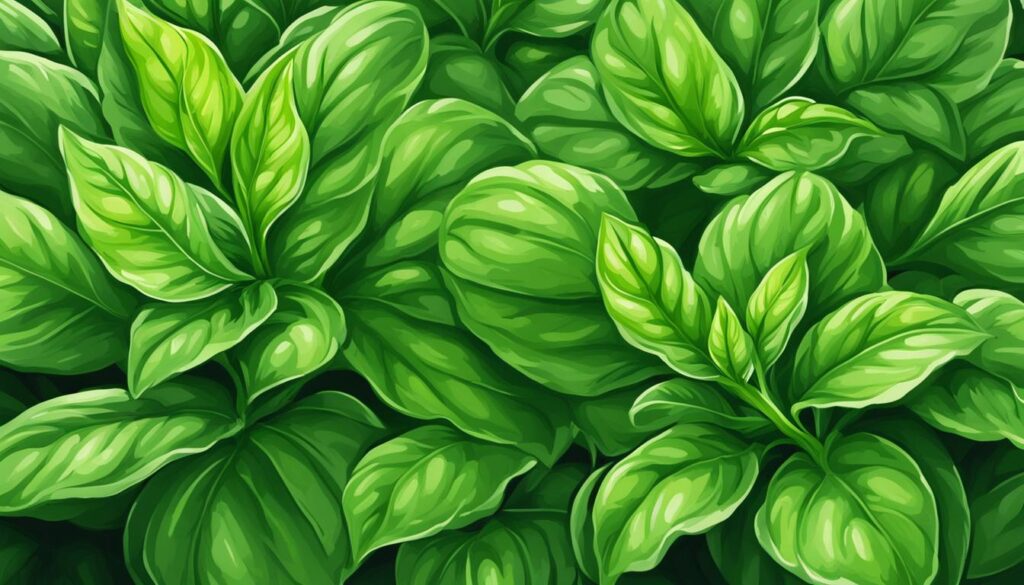
Ways to Use Basil
- Add fresh basil leaves to salads or pasta dishes for a burst of flavor.
- Brew a cup of basil tea by steeping fresh leaves in hot water for a few minutes.
- Create a basil-infused oil by infusing olive oil with fresh basil leaves. This can be used as a dressing or added to various recipes.
- Make a basil poultice by crushing fresh leaves and applying them directly to minor cuts or scrapes.
With its wide range of medicinal properties, basil is a valuable herb to have in your home garden. Whether used in cooking or as a natural remedy, it can contribute to your overall health and well-being.
Thyme: An Antiseptic Herb for Congestion, Stomach Gas, and Coughs
In the world of medicinal plants, thyme stands out as a powerful herb with antiseptic properties that can benefit various health conditions. Known for its aromatic flavor and fragrance, thyme has been used for centuries to treat respiratory ailments, digestive issues, and more. With its natural healing properties, thyme is a valuable addition to any home garden.
Antiseptic Benefits
One of the key benefits of thyme is its antiseptic nature, which makes it effective in combating infections. The herb contains compounds like thymol and carvacrol, which act as natural antimicrobials, fighting against bacteria and fungi.
Thyme can be used as a natural remedy for congestion, helping to alleviate symptoms of respiratory infections, such as coughs and sore throats.
Relief for Stomach Troubles
Thyme is also known for its ability to relieve stomach gas and digestive discomfort. The herb stimulates the production of digestive enzymes, aiding in the breakdown of food and easing the symptoms of indigestion. It can be consumed as a tea or added to culinary dishes to promote healthy digestion and alleviate bloating.
Natural Cough Remedy
Another notable benefit of thyme is its effectiveness in soothing coughs. The herb acts as an expectorant, helping to break up mucus and alleviate congestion in the respiratory system.
Thyme can be used to make a natural cough syrup or added to hot water for steam inhalation, providing relief for coughs caused by colds or respiratory infections.
With its antiseptic properties and ability to provide relief for congestion, stomach gas, and coughs, thyme is a versatile herb that can be grown in a home garden. Whether used as a culinary ingredient or prepared as a herbal remedy, thyme offers a natural solution to common health issues.
| Benefits of Thyme | Uses |
|---|---|
| Antiseptic properties | Steam inhalation for congestion relief |
| Stomach gas relief | Tea or culinary ingredient to aid digestion |
| Natural cough remedy | Homemade cough syrup or steam inhalation |
Rosemary: A Perennial Herb with Multiple Benefits
If you’re looking for a versatile herb that offers more than just culinary flavor, look no further than rosemary. This perennial plant is not only a delicious addition to your dishes but also acts as a natural stimulant, boosting energy, memory, and concentration. With its ability to increase oxygen flow to the brain, rosemary is a valuable herb to have in your home garden.
One of the unique features of rosemary is its ability to be grown as a hedge, making it an excellent choice for garden borders or creating privacy.
Its evergreen leaves provide year-round beauty and fragrance, and it is known to be drought-tolerant, making it a resilient addition to any garden. Whether you’re a seasoned gardener or just starting out, rosemary is a low-maintenance herb that can thrive in various soil conditions.
Benefits of Rosemary:
- Stimulates energy, memory, and concentration
- Boosts oxygen flow to the brain
- Can be grown as a hedge
- Perennial herb with year-round beauty
- Drought-tolerant and low-maintenance
With rosemary in your garden, you not only have access to a flavorful herb for your culinary creations, but you also have a natural stimulant that can enhance your mental clarity and focus. So why not add this versatile herb to your home garden and enjoy its numerous benefits?
| Herb | Benefits |
|---|---|
| Rosemary | Stimulates energy, memory, and concentration |
| Basil | Relieves flatulence, cuts, lack of appetite, and scrapes |
| Thyme | Antiseptic properties, relieves congestion, stomach gas, and coughs |
Lavender
Lavender is a versatile medicinal herb known for its sweet perfume and a wide range of health benefits. It is commonly used as a nervine, meaning it has a calming effect on the nervous system, making it an effective natural remedy for stress relief, anxiety, and insomnia. The soothing aroma of lavender can help promote a sense of relaxation and improve sleep quality.
In addition to its calming properties, lavender also has mild antidepressant effects. It can help uplift mood and alleviate symptoms of mild depression. The essential oil extracted from lavender is often used in aromatherapy to promote feelings of well-being and emotional balance.
Furthermore, lavender has topical applications for various skin conditions. It can help soothe sunburns, reduce inflammation, and provide relief for acne-prone skin. The natural antibacterial properties of lavender can also aid in preventing infection and promoting healing.
Lavender can be used in various forms, including essential oil, dried flowers, or as a tea. It is a versatile herb that can be incorporated into daily routines for its numerous health benefits. Whether used therapeutically or for its delightful aroma, lavender is a valuable addition to any home garden.
German Chamomile
I have now come to the final section of this article, where I will discuss the wonderful medicinal properties of German Chamomile. This delicate herb is known for its mildness and the soothing effects it has on various ailments.
One of the primary uses of German Chamomile is in the treatment of colic, especially in children. It can help soothe the discomfort and reduce the severity of colic episodes. The gentle nature of this herb makes it safe for even the little ones.
In addition to colic, German Chamomile is also effective in relieving stress and anxiety. It has a calming effect on the body and mind, making it an ideal herbal remedy for those who struggle with stress-related issues.
This amazing herb is also known for its ability to combat infections and support digestive health. It can help alleviate stomach disorders, such as indigestion and bloating, providing relief and promoting overall well-being.
FAQ
What are the most valuable medicinal plants for a home garden?
The most valuable medicinal plants for a home garden include Tulsi (Holy Basil), Aloe Vera, Gotu Kola, Calendula, Basil, Thyme, Rosemary, Lavender, and German Chamomile.
What are the medicinal properties of Tulsi (Holy Basil)?
Tulsi has numerous health benefits, including treating respiratory conditions, such as cold, fever, bronchitis, and cough. It also has antimalarial properties and can help with indigestion, headache, and other ailments. Many people wear Tulsi beads for their physical and medicinal properties.
What are the healing properties of Aloe Vera?
Aloe Vera has remarkable healing properties and is commonly used to treat wounds, cuts, burns, and reduce inflammation. It is also beneficial in the treatment of ulcerative colitis, chronic constipation, poor appetite, and various digestive problems.
How does Gotu Kola aid in healing?
Gotu Kola aids in connective tissue development and stimulates the healing of ulcers, skin injuries, and capillary fragility. It is also used to treat leprosy, revitalize the brain and nervous system, improve attention span and concentration, and alleviate venous insufficiency.
How can Calendula be used to address skin problems?
Calendula, specifically its deep-orange flowered pot marigold variety, can be applied externally to treat bites, stings, sprains, wounds, sore eyes, and varicose veins. Internally, calendula is used to treat fevers and chronic infections. The tea made from the petals can improve circulation and ease varicose veins.
What ailments can Basil treat?
Basil can be used to treat various ailments, including flatulence, cuts, lack of appetite, stomach gas, and scrapes. It is easy to grow and can be harvested for its leaves.
What are the benefits of Thyme?
Thyme is known for its strong antiseptic properties and is used in the treatment of congestion, stomach gas, and coughs. It is easy to grow and can be beneficial for various respiratory conditions.
How does Rosemary act as a stimulant?
Rosemary acts as a stimulant, boosting energy, memory, and concentration by increasing oxygen flow to the brain. It can be used as a hedge and is drought-tolerant. Rosemary is a multi-purpose herb that can be grown in the garden.
How can Lavender provide relief from stress and insomnia?
Lavender has medicinal benefits as a nervine and mild antidepressant. It can help alleviate stress, tension, and insomnia when added to bath water. Lavender is also used in creams to treat sunburns and acne. The fresh flowers can be added to various dishes for flavor enhancement.
What are the uses of German Chamomile?
German Chamomile is effective in treating colic, nervous stress, infections, and stomach disorders, especially in children. The flowers can be used to make soothing teas and tinctures for various ailments.

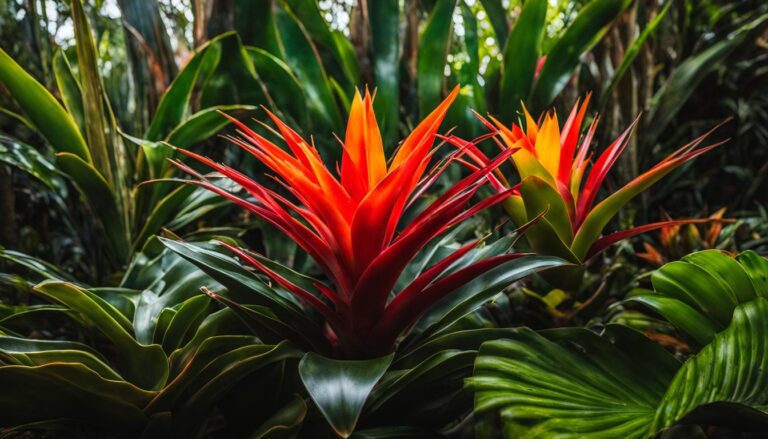

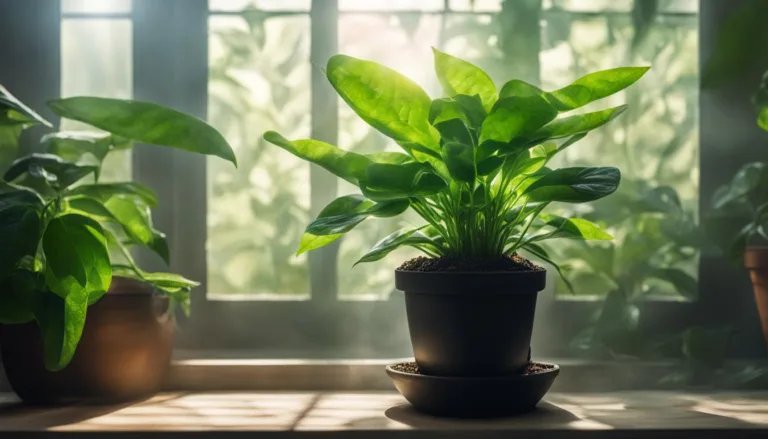
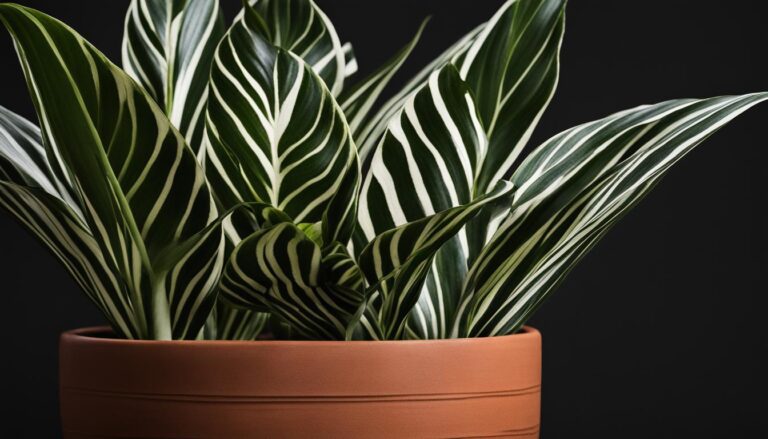


2 Comments
Comments are closed.